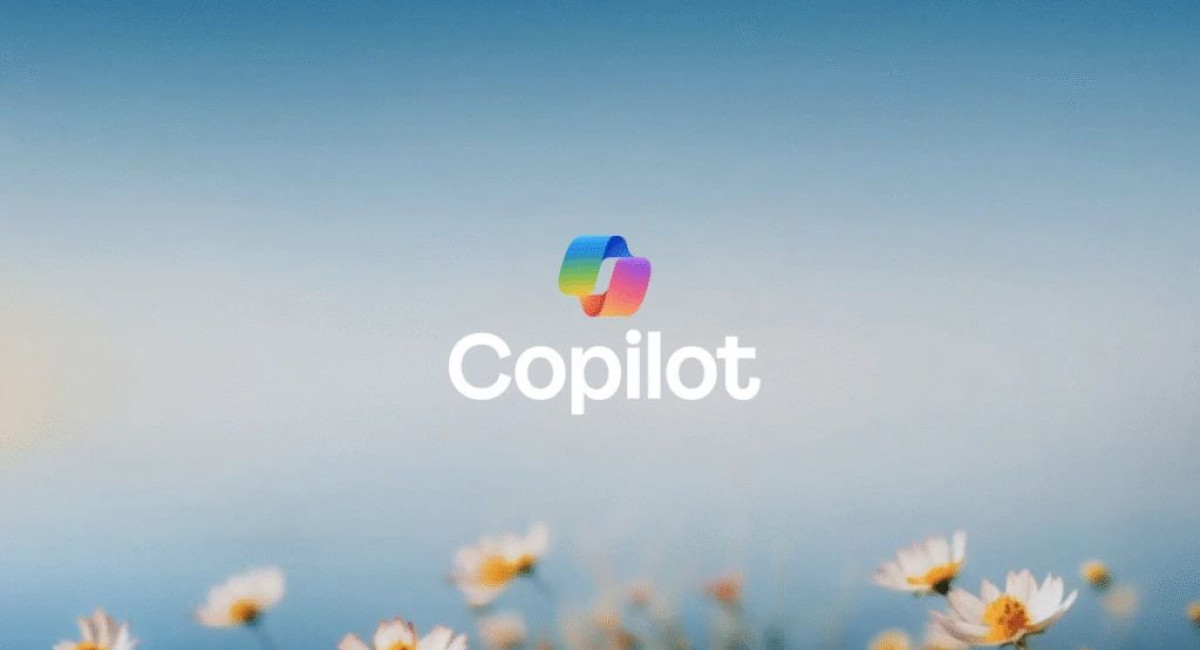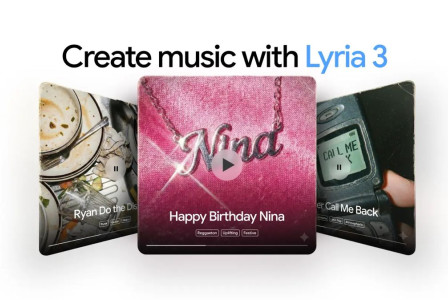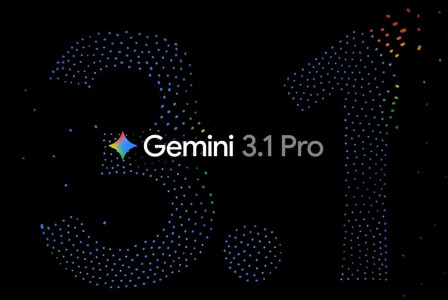SEARCH
Microsoft steps up the AI race with major Copilot Fall Update

SHARE IT
The battle for dominance in the AI assistant market is intensifying. While ChatGPT and Google’s Gemini continue to lead the field, Microsoft is taking bold steps to narrow the gap. During Copilot Sessions online event, the company unveiled the Copilot Fall Update, a comprehensive upgrade aimed squarely at competing with its biggest rivals. The update brings new levels of intelligence, interactivity, and personalization to Copilot — Microsoft’s AI-powered assistant available across Windows, Edge, and mobile devices.
The new release introduces a range of tools and features designed to make Copilot more human-like, more proactive, and more collaborative than ever before. From a refreshed interface to new learning and research tools, Microsoft is positioning Copilot as an indispensable digital partner for both productivity and personal use.
At the heart of the update is Copilot Appearance, a complete redesign of how users interact with the assistant. The new interface features real-time expressions, conversational memory, and a more engaging, character-driven experience powered by “Mico,” Copilot’s animated avatar. Previously available only in limited preview, Mico is now rolling out to U.S. users on desktop and through the Copilot mobile apps for iOS and Android. Microsoft says this visual evolution makes conversations feel more natural and interactive.
One of the most anticipated new additions is Copilot Groups, which allows multiple users to join the same Copilot conversation. Teams can now brainstorm, plan trips, or work on shared projects with up to 32 participants, all assisted by Copilot’s real-time input. This feature transforms Copilot from a personal assistant into a true collaboration hub — a move that could appeal strongly to students, professionals, and creative teams alike.
Another major enhancement is Copilot Memory, a feature long requested by users. Like ChatGPT’s memory function, it allows Copilot to retain information from previous conversations, helping users continue where they left off without repetition. You can also manage this memory manually — editing, updating, or deleting details whenever you wish. This new capability makes Copilot a more personalized and context-aware assistant, one that evolves alongside your daily routines.
The update also introduces Journeys, which stores your browsing history to make it easier to revisit previous research sessions or projects. It’s a small but meaningful addition for anyone who regularly uses Copilot as a research or productivity companion.
Microsoft is also enhancing Copilot’s intelligence through Proactive Actions, a feature currently in preview that surfaces timely insights and suggests next steps based on your recent Deep Research activities. In essence, Copilot can now anticipate what you might need next — a subtle but powerful step toward predictive AI assistance.
With Learn Live, Microsoft is reimagining education through AI. This feature turns Copilot into a dynamic tutor capable of guiding users through concepts using voice, questions, and interactive tools like digital whiteboards. The goal is to make learning not just more effective but also more engaging.
Meanwhile, Imagine introduces a creative sandbox within Copilot, where users can explore and remix AI-generated images. This feature highlights Microsoft’s push to merge creativity with productivity, blurring the lines between work and play.
Perhaps the most intriguing new feature is Real Talk Mode, which adds depth and critical thinking to Copilot’s responses. Instead of simply agreeing with the user, Copilot can now challenge ideas, offer alternative viewpoints, and even reveal its reasoning process. Microsoft claims this new capability encourages more meaningful and thought-provoking interactions — turning Copilot into a genuine conversational partner rather than a passive assistant.
Another standout addition is the expansion of Copilot Actions in Edge, which lets the assistant perform real-world tasks directly through the browser. Similar to ChatGPT’s Agent Mode, Copilot can make restaurant reservations, book concert tickets, or plan trips automatically.
Microsoft has partnered with major online services — including Booking.com, Expedia, Kayak, OpenTable, Skyscanner, Tripadvisor, Viator, and Vrbo — to power these capabilities. Users can assign tasks to Copilot and either watch its progress or let it complete them in the background. To give users full control, Microsoft has introduced three privacy modes:
- Light, where Copilot acts freely without seeking approval.
- Balanced, which requests permission before interacting with less common sites.
- Strict, requiring explicit approval before any site interaction.
The update also extends Copilot’s usefulness into the health domain. When users ask medical questions, Copilot now provides responses sourced from reputable organizations like Harvard Health. In the U.S., users can even search for nearby doctors filtered by specialty, gender, or language preferences — with results displayed on an interactive map for convenience.
All these new features are already live for users in the United States and will expand to the UK, Canada, and other markets in the coming weeks.
MORE NEWS FOR YOU

 Help & Support
Help & Support 

